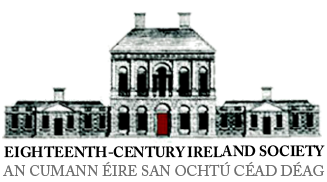Type: Article
Murphy, Sean. ‘Burke and Lucas: an authorship problem re-examined’, Eighteenth-century Ireland/Iris an dá chultúr, Vol. 1 (1986), pp 143-156.
This article argues against biographers of Edmund Burke in their conviction that Burke was hostile to the Anglo-Irish nationalist, Charles Lucas. According to Sean Murphy, Burke’s political opinion of Lucas is significant: ‘the probability that Burke started his political career by supporting a forerunner of Irish nationalism such as Charles Lucas has important implications for the debate on whether Burke’s political thought is in essence ‘liberal’ or ‘conservative”. Various pseudonymous articles, some supporting Lucas, some opposing him, are examined. According to Burke’s early biographer James Prior, Burke satirized Lucas as ‘Epaminondas’, though Murphy asserts that there is no documentary evidence of this. Murphy asks whether Burke was the pseudonymous author of four pamphlets in support of Lucas signed ‘Free Briton’, and whether he was also the anonymous ‘B’ who composed five essays on patriotism printed in Lucas’s newspaper, the Censor? In answer, he provides evidence that Burke could only have written the latter, and concludes that Burke supported Lucas in a ‘cautious and moderate way’.
